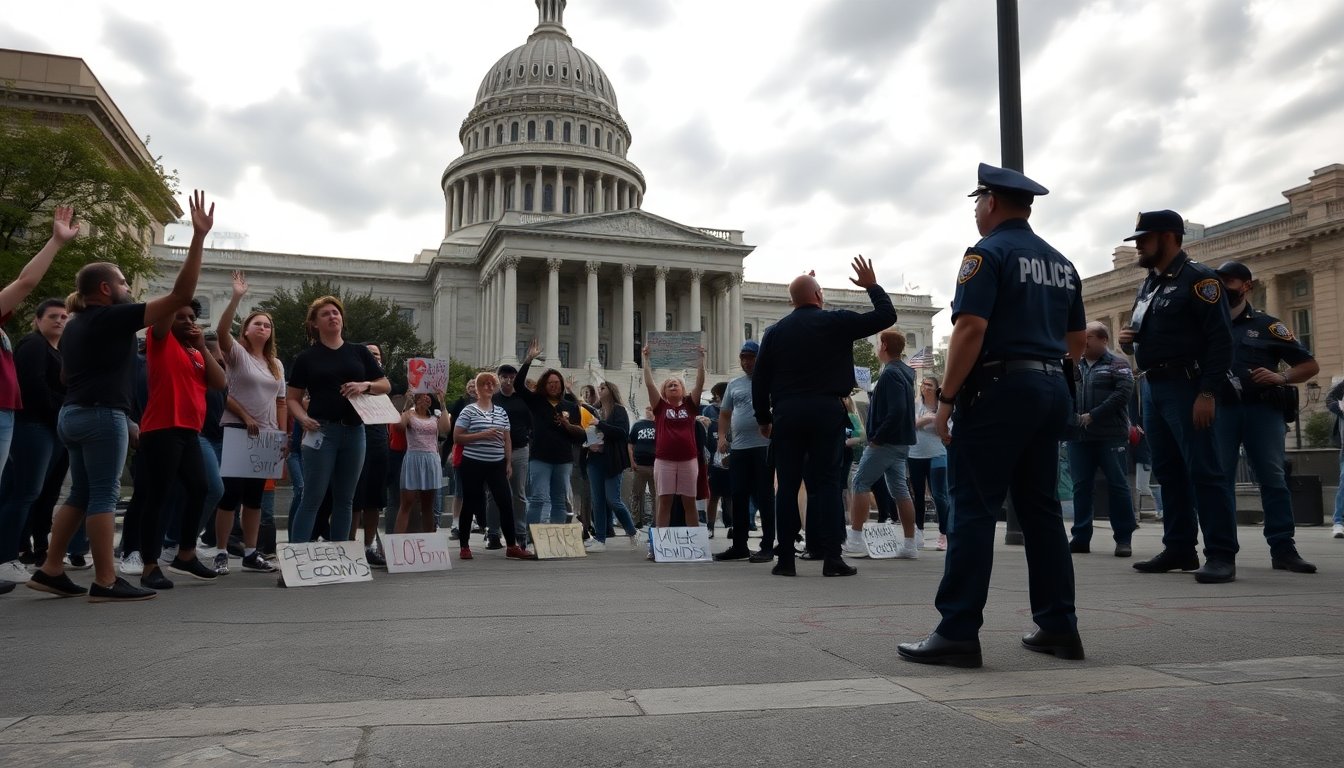Table of Contents
The recent surge in political violence in the United States has sparked intense discussions across various platforms, raising significant concerns about the state of civil discourse in the nation. As incidents escalate, it is increasingly vital to analyze the underlying factors contributing to this troubling trend. The conversation surrounding political violence, especially following high-stakes events, has become a focal point for public figures and analysts alike.
The unsettling climate of political violence
In recent weeks, the assassination of conservative activist Charlie Kirk has highlighted the severe ramifications of political violence in America. This incident, alongside a series of violent outbursts nationwide, prompts serious reflection on the implications of such actions for the fabric of society. Bill Maher, during a recent episode of his show, articulated the chaos enveloping the nation, remarking on the interplay between political rhetoric and violence. He noted, “It’s a very ugly week in America with violence of all kinds: political violence, regular violence, a lot of people talking about a civil war.”
Maher’s commentary underscores a growing sentiment among citizens regarding the increasingly hostile political environment. The response from lawmakers, which includes calls for prayer following the tragedy, has drawn sharp criticism, further illustrating the divide within political discourse. The reaction to such events often reveals underlying tensions and the difficulty of navigating a polarized landscape where differing ideologies clash violently.
The role of social media and public perception
One cannot overlook the significant role that social media plays in shaping public perception and inciting division. The immediate dissemination of information, frequently without verification, contributes to a climate of fear and misinformation. Commentators like Ben Shapiro have pointed out alarming statistics indicating a rising acceptance of violence in response to differing opinions among younger generations. “There are at least 42% that believe that there are some times that the violence ought to be a response to speech, which is deeply terrifying,” he stated, emphasizing the need for a reevaluation of societal values.
This shift in perspective among younger voters suggests a normalization of violent responses, complicating the dialogue surrounding freedom of speech and civil rights. As we navigate through this turbulent time, fostering discussions that promote understanding rather than escalation is essential. Acknowledging that both sides of the political spectrum bear responsibility for fostering an environment conducive to violence is crucial for moving forward.
Implications for the future of political discourse
The implications of ongoing political violence extend beyond immediate reactions; they threaten the integrity of democratic discourse itself. The assassination of figures like Kirk raises critical questions about safety in political arenas and the potential for further violence. The responses from political leaders and media personalities will shape public perception and influence future behaviors. Maher aptly noted, “When you read some of the comments from people, they really are in such a bubble that they don’t understand that it’s happening on both sides.”
As discussions continue, it is vital for individuals and leaders alike to acknowledge the shared responsibility in creating a more civil environment. Moving forward, strategies must be implemented to bridge divides and foster constructive dialogue. This includes promoting educational initiatives that emphasize the importance of peaceful discourse and the dangers of resorting to violence.


